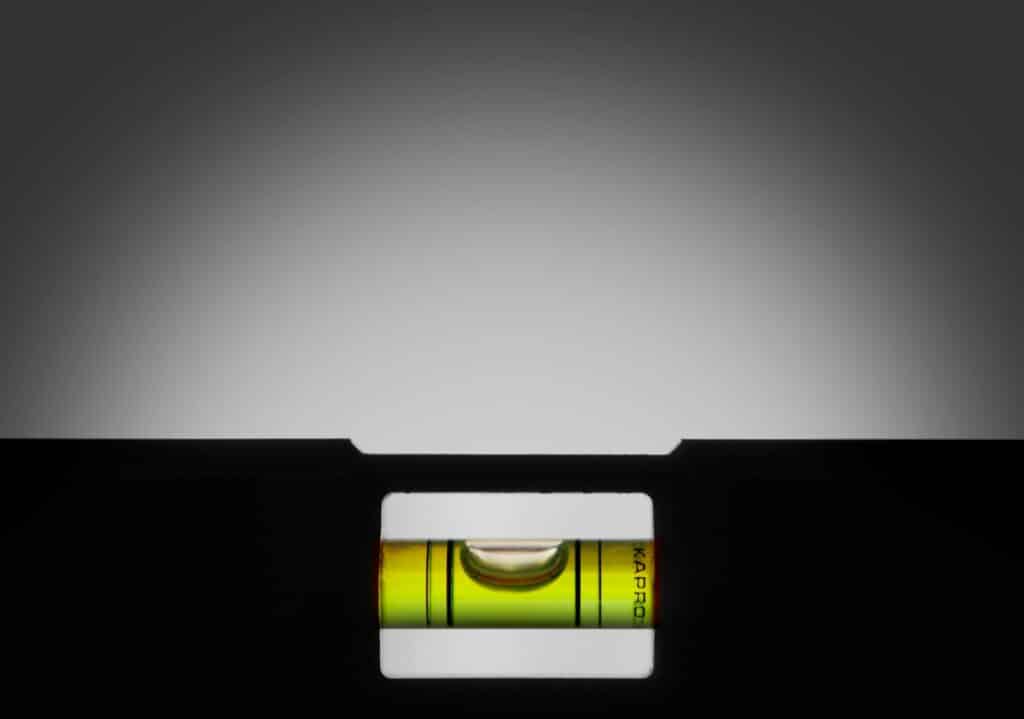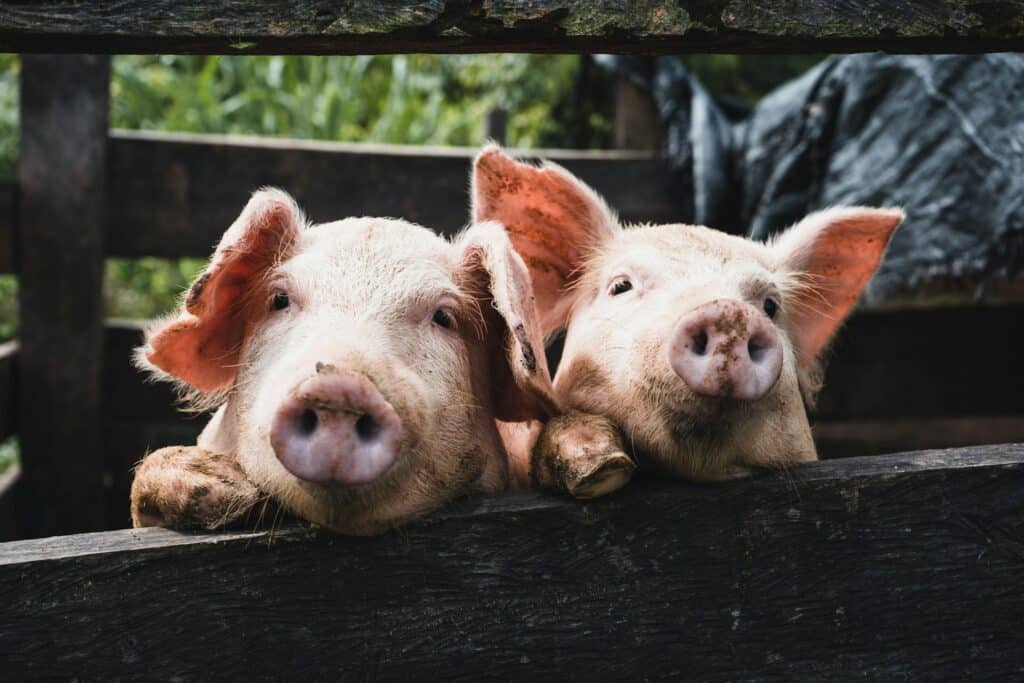You can’t sin without religion.
It’s also true that you can’t have religion without sin. Investing in one does not allow us to escape the other. Theirs is a preexisting relationship and our involvement is an all-or-nothing arrangement.
As a framework for living, religion offers many benefits including a sense of community, participation in a mythological narrative that creates meaning and purpose, and access to a body of collective wisdom derived from a set of shared core principles. These are not small things.
In fact, it could be said that our lives depend on them.
Public health professionals warn us about the “loneliness epidemic.” Suicide rates in America continue to climb. Implicit in these statistics is the critical link between meaningful connections and our very survival.

Our search for meaning and connection brings many of us to religion, and through it we are introduced to sin. This is because a religious life is one in which adherents relinquish any responsibility in the establishment of axial tenets. These are understood to be revealed. We do not formulate doctrine so much as interpret religious positions with respect to certain immutable, Divinely inaugurated rules.
And when we act in contravention of these rules, we are sinning.
Before religion, we were just doing what came natural.
I am a Muslim. As a condition of participation in the Islamic religious community, I am no longer allowed to consume pork. By all observable measures, the consumption of pork is a benign enterprise undertaken by most people without recognizable consequence. Eating pork is not a problem until we make it a problem by entering into a faith community with a pork taboo.
After this, it becomes sinful.
The price of admission into a religious community is the acknowledgment of these rules and a declared intention to abide by them, which, of course, we won’t. This because religion tends to set a high enough bar that everybody is eventually tripped up.
Sin is built into the equation.
The Prophet Muhammad is reported to have said, may God’s peace and blessings be upon him:
By Him in Whose Hand is my life, if you were not to commit sin, God would sweep you out of existence and He would replace you with those people who would commit sin and seek forgiveness from God. And He would have pardoned them.
Sahih Muslim
I’m no religious scholar and I refuse to be a part of anything that requires scholarship as a precondition to its operational understanding. That’s a recipe for concentrated power, manipulation, and control. As such, my perspective here is merely functional and not meant to be anything approaching authoritative. Leaning into what I hope to be the immunity conferred by my ignorance, I do not understand sinful acts to be necessarily “bad” or “evil.” Irrespective of their moral or ethical considerations (if any), they are in every case a metric, a measure of the extent to which I am in compliance with my religious covenant voluntarily undertaken.

Maintaining that covenant is hard work, and our fatigue is often behind the choice to sin. We say “choice” because, at least within the Islamic tradition, one cannot sin in ignorance. We must be conscious of the rules that we are transgressing. We wanted community and meaning and purpose, all the things that religion promises, but in the bargain we become God-weary. In those moments, we abandon restraint. We want to be our own god, at least for a moment.
Sin, therefore, is an act that undermines the entire religious paradigm, a paradigm that we adopted likely because of some level of vexation with the world. Our disappointment with creation drives us to the Creator. Our exhaustion with the mandates of the Creator drives us back to creation. We are forever wrestling with our terrestrial and celestial selves and this is why humility and contentment are understood in many traditions to be vaunted spiritual states.
Reconciliation isn’t easy.
Bringing it back to pork, the religious tragedy associated with eating it is in my decision to prioritize my desire for the meat over my commitment to honor the chosen path. My becoming god through this transgression, the rule maker and no longer the rule follower, is a perilous breach of loyalty. Rather than experiencing divinity, I am rocked by a shuddering blow to my self-respect. There is a complete unraveling of any illusion of personal discipline. Revealed is my weak and capricious nature. What is exposited is the gulf between my self-concept and the reality of my person.
What I do with that information communicates the extent to which I remain invested in the potential benefits of religion. Do I turn to God in the acknowledgement of my powerlessness, asking that He forgive me and bless me with another opportunity to demonstrate my commitment, to better align my beliefs and actions? Or do I imagine myself irredeemable after a ham sandwich? Do I succumb to the absurdity of my existence and these irrational religious narratives perpetuated by men and women at least as confused as myself?

My choice depends on what I want.
There were reasons behind my initial election of a religious life and, if I remain convinced of the overall value proposition, then repentance as a precursor to personal growth is the obvious choice. This is about reaffirming hierarchies, putting God back in charge, brushing myself off, and giving it another go. This is about being frustrated, not because I ate the sandwich, but frustration in the obvious recognition that I can do better and should have.
But if I am inclined toward guilt and self-flagellation, then I certainly have the option to recast my dietary choice as proof of my abominable nature and my faith as an impossible trap. And if I’ve decided that nothing could possibly be better in this world than another ham sandwich, I may just bin the whole idea of religion altogether. Some of us make all of these choices and kind of feel out the consequences, working it out over the years.
The more we think about sin as a metric by which we can gauge our religious commitment and self-awareness, the more interesting everything becomes. Instead of the distraction caused by society’s moralized interpretations of our sinful act, we remain focused on the developmental opportunity that our sin represents. I believe this to be implied in the prophetic advice wherein Muhammad taught, may the peace and blessing of God be upon him:
All the sins of my followers will be forgiven except those who commit a sin openly or disclose their sins to the people.
Sahih al-Bukhari
My personal growth and development, my relationship to God, my commitment to my elected faith is my business. Even so, in the interest of both efficiency and community, we can and should surround ourselves with those men and women who have adopted a similar growth trajectory. We should, out of love and consideration, share our best practices, and there is no harm in doing this while acknowledging, in a general sense, the reality that we will all fall short. This is true of any kind of mastery. There is no “final” level of proficiency. There is always more to learn, more to refine, more to understand.
In this way, our sins draw us closer to God and to one another.
We do not recommend the election of sin as an intentional course of action. Helpful as they may be, sins are terribly inefficient in the matter of personal growth. That sins can be leveraged for spiritual advancement is both true and suboptimal. What’s better is to hear and obey.
But that approach doesn’t always go to plan.
When it doesn’t, remember that is by design.
Leave a comment below for posterity or join us in the D&T Chautaqua Discord to discuss this post with other adventurous spirits from around the world.

One Reply to “The Interesting Reasons Behind Why We Choose to Sin”